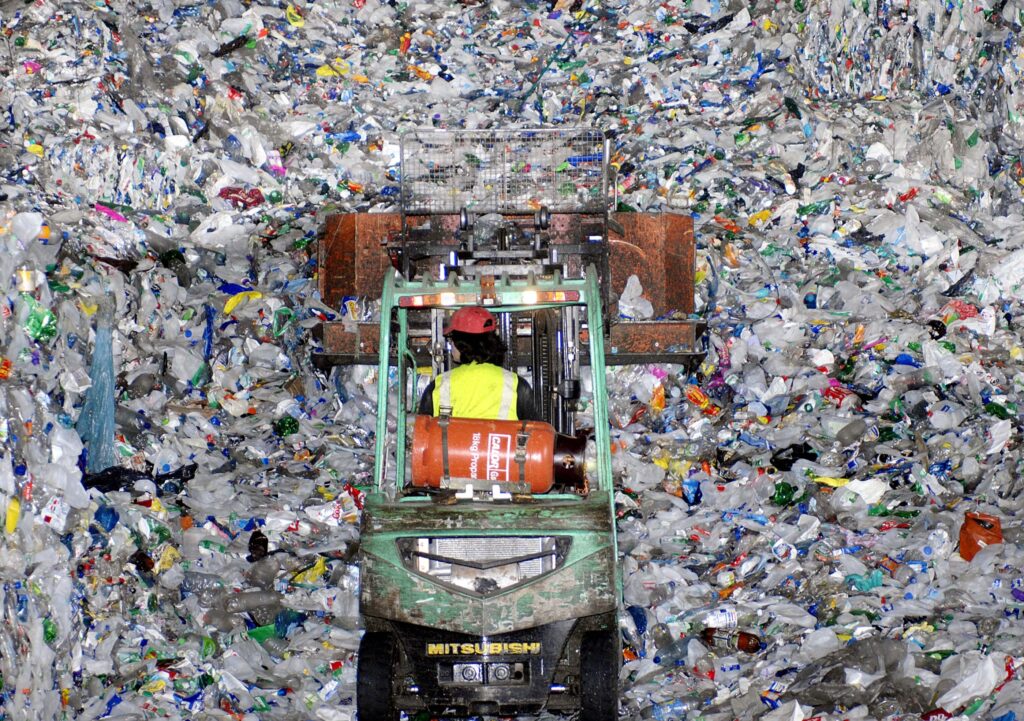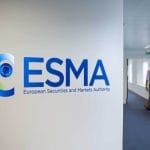EU Sets New Standards for Reuse and Recycling

- Measures cover full life cycle of packaging
- Less packaging, less waste, restrictions on certain packaging formats
- Ban on “forever chemicals” (PFAS) in food contact packaging
- Each European generates almost 190kg of packaging waste every year
Parliament and Council reached a provisional agreement on revamped rules to reduce, reuse and recycle packaging, increase safety and boost the circular economy.
The new measures aim to make packaging used in the EU safer and more sustainable, by requiring all packaging to be recyclable, minimising the presence of harmful substances, reducing unnecessary packaging, boosting the uptake of recycled content and improving collection and recycling.
Less packaging and restricting certain packaging formats
The agreement sets packaging reduction targets (5% by 2030, 10% by 2035 and 15% by 2040) and requires EU countries to reduce, in particular, the amount of plastic packaging waste.
According to the deal, certain single use plastic packaging formats, such as packaging for unprocessed fresh fruit and vegetables, packaging for foods and beverages filled and consumed in cafés and restaurants, individual portions (for e.g. condiments, sauces, creamer, sugar), accommodation miniature packaging for toiletry products and shrink-wrap for suitcases in airports, would be banned from 1 January 2030.
MEPs also ensured a ban on very lightweight plastic carrier bags (below 15 microns), unless required for hygiene reasons or provided as primary packaging for loose food to help prevent food wastage.
Banning the use of “forever chemicals”
To prevent adverse health effects, Parliament secured the introduction of a ban on the use of so called “forever chemicals” (per- and polyfluorinated alkyl substances or PFASs) in food contact packaging.
Encouraging reuse and refill options for consumers
Negotiators agreed to set a specific target for reusable packaging for alcoholic and non-alcoholic beverages (except e.g. milk, wine, aromatised wine, spirits) by 2030 (at least 10%). Member states may grant a five-year derogation from these requirements under certain conditions.
Final distributors of beverages and take-away food in the food service sector would be obliged to offer consumers the option of bringing their own container. They would also be required to endeavour to offer 10% of products in a reusable packaging format by 2030.
In addition, at Parliament’s request, member states are required to incentivise restaurants, canteens, bars, cafés and catering services to serve tap water, (where available, for free or for a low service fee) in a reusable or refillable format.
Recyclable packaging, better waste collection and recycling
Negotiators agreed that all packaging should be recyclable, fulfilling strict criteria to be defined through secondary legislation. Certain exemptions are foreseen for lightweight wood, cork, textile, rubber, ceramic, porcelain or wax.
Related Article: Aldi Sets a New Standard in the Recycling of Challenging Flexible Plastics
Other agreed measures include:
– minimum recycled content targets for any plastic part of packaging;
– minimum recycling targets by weight of packaging waste generated and increased recyclability requirements;
– 90% of single use plastic and metal beverage containers (up to three litres) to be collected separately by 2029 (deposit-return systems).
Rapporteur Frédérique Ries (Renew, BE) said: “For the first time in an environmental law, the EU is setting targets to reduce packaging consumption, regardless of the material used. We call on all industrial sectors, EU countries and consumers to play their part in the fight against excess packaging. The ban on forever chemicals in food packaging is a great victory for the health of European consumers. It was also essential that environmental ambitions meet industrial reality. The deal fosters innovation and includes exemptions for micro-enterprises.”











